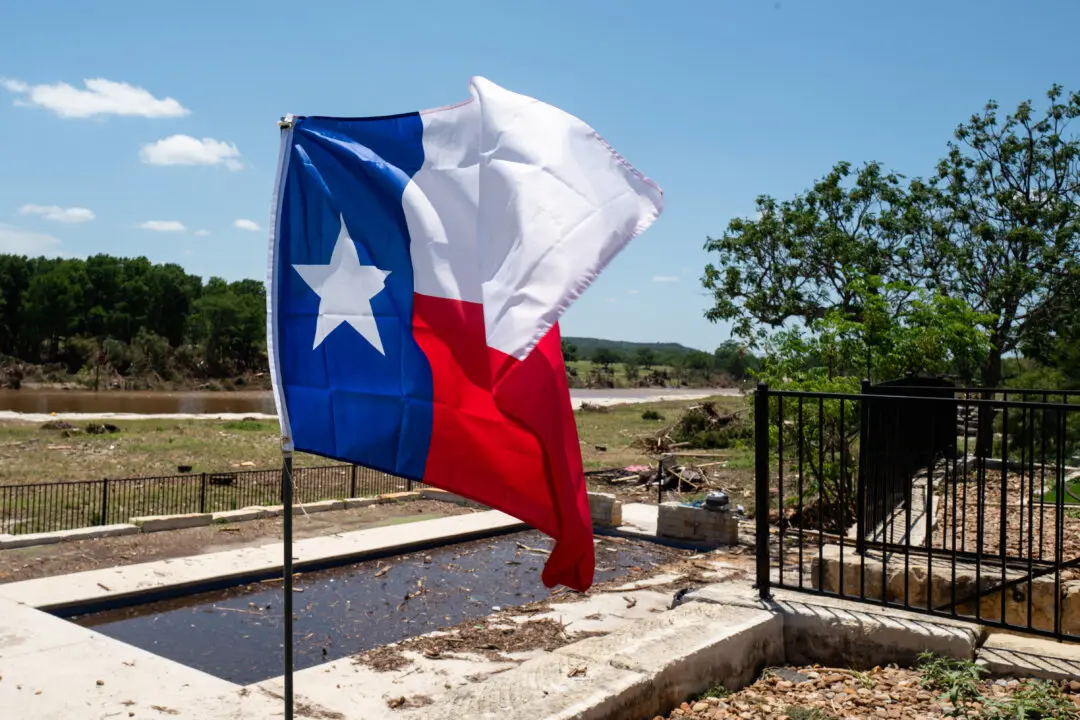Six financial institutions that West Virginia Treasurer Riley Moore contacted over their alleged boycotting of the fossil fuel industry have replied, denying the accusations while laying the groundwork for what could be a protracted legal battle.
The Epoch Times obtained the letters through a West Virginia Freedom of Information Act request.





